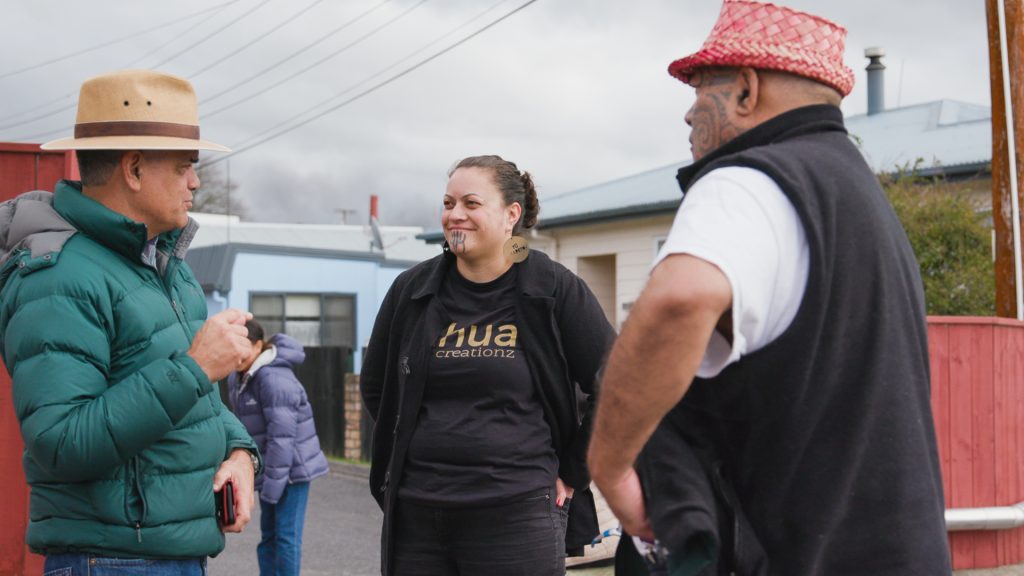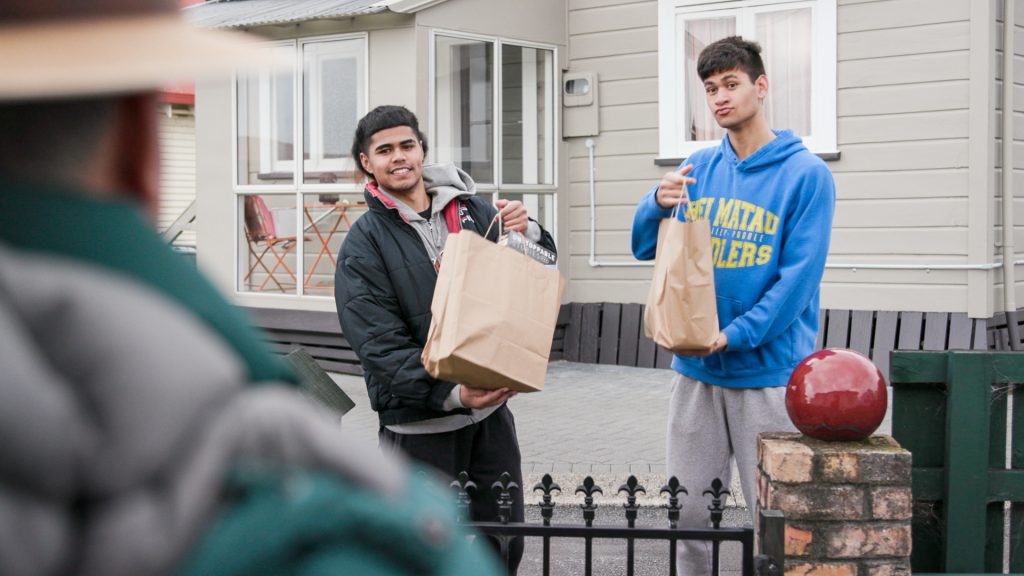Ngā māramatanga
IndigiShare research and insights
Impact of COVID on whānau and pakihi Māori
The COVID-19 pandemic had a profound impact on small Māori-owned businesses, creating both challenges and opportunities. Many of these businesses faced significant disruptions in their operations due to lockdowns, restrictions on gatherings, and reduced consumer spending.
When IndigiShare surveyed 1,000 Māori businesses, 76% of responders said they needed to pivot, 50% said they needed cash to survive and return to sustainability.
The loss of income and uncertainty about the future have been particularly difficult to navigate. However, amidst these challenges, we’ve also witnessed resilience and innovation within the Māori business community. Some businesses adapted by shifting their focus to e-commerce, exploring new markets, or diversifying their offerings.

“It [my business] has already been impacted. Cash flow has stopped but will resume at a smaller level as clients consider their options”
– Owner, Pakihi Māori

Māori unemployment remains disproportionately high
Throughout the pandemic, unemployment rates rose as job losses occurred across various sectors, disproportionately affecting vulnerable populations, including Māori. This economic hardship not only posed immediate challenges but also underscored the pre-existing disparities in employment and income. Māori unemployment rates were twice the rate of non-Māori before the pandemic, and the pandemic only exacerbated these disparities.
“As an owner, my team and I volunteered delivering food to whānau as I have all the logistics.. trucks, chillers, trailers etc. With no income, we thought we would help those even worse off. This has impacted me financially but now with business coming my way it will allow me to get my staff back to work”
– Owner, Pakihi Māori
Raising capital is a key issue
Businesses in general are finding it hard to access to capital to survive, and Māori businesses are likely to find it just as hard, if not harder.
To address these challenges, there is a growing recognition of the need for targeted initiatives and support programs that cater to Māori entrepreneurs. This would provide increased access to capital, mentorship, business education, and networking opportunities specifically designed to meet the unique needs of Māori-owned businesses.
Ultimately, addressing the difficulties Māori small business owners face in raising capital is not only an economic imperative but also a step toward greater equity and inclusion in the business world.

“As a man that has worked consistently since my teens, unemployment would be very hard to accept, however going out in the job market, in my late 50s is a sobering thought.”
– Owner, Pakihi Māori
Key findings
The problem
We have surveyed two groups; Pakihi Māori (Māori Businesses) and Kaihaukai (Contributors), and from this, we received 250 responses across two target groups:
- Māori SME owners and/or recently unemployed keen to start a business
- People keen to help these businesses access capital to survive and thrive
The solution
IndigiShare aims to support whānau, through helping new and existing Māori SMEs access small loans through a cooperative whānau to whānau structure.
The opportunity
If 1/100 people contributed at the level our research suggests they will, we can raise $12.6M to lend. 30% of Māori businesses needing access to cash to get back on their feet are looking for $1,000-10,000, we can raise these funds to lend to them.


